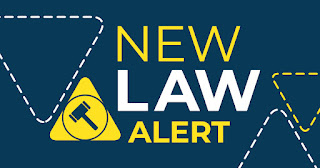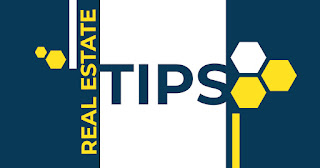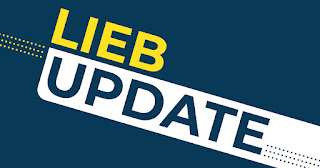Nassau County Supreme Court Justice Jeffrey Brown struck down Nassau County’s $355 fee to verify a property’s section, block and lot due to it being unlawful and unconstitutional.
In Falk v. Nassau County, the Plaintiff alleged that Nassau County excessive fees for tax map certification letters (TMCLs) as issued pursuant to Nassau County Administrative Code § 6-33.0. These TMCLs are issued by the Nassau County Department of Assessments and must be filed with real property documents when submitted to the Nassau County Clerk for recording. Plaintiff alleged that the fees are excessive and not reasonably necessary to maintain the County’s real property registry and such fees are taxes as their purpose really is for general revenue. In this regard, the Plaintiff sought a declaratory judgment deeming Administrative Code § 6-33.0 unconstitutional because it is excessive and an unlawful tax.
Among other reasons, the court granted the Plaintiff’s motion for summary judgment and found the TMCL fees unconstitutional as it was established that its purpose was for general revenue purposes only and that the fee itself is “indisputably disproportionate to the cost associated with its issuance.” Further, the Court found that they are excessive and not tied to the County’s responsibility in maintaining its property registry nor were such fees assessed or estimated on the basis of studies or statistics.
Nassau County is expected to file an appeal to Judge Brown’s decision. Stay tuned.
In Falk v. Nassau County, the Plaintiff alleged that Nassau County excessive fees for tax map certification letters (TMCLs) as issued pursuant to Nassau County Administrative Code § 6-33.0. These TMCLs are issued by the Nassau County Department of Assessments and must be filed with real property documents when submitted to the Nassau County Clerk for recording. Plaintiff alleged that the fees are excessive and not reasonably necessary to maintain the County’s real property registry and such fees are taxes as their purpose really is for general revenue. In this regard, the Plaintiff sought a declaratory judgment deeming Administrative Code § 6-33.0 unconstitutional because it is excessive and an unlawful tax.
Among other reasons, the court granted the Plaintiff’s motion for summary judgment and found the TMCL fees unconstitutional as it was established that its purpose was for general revenue purposes only and that the fee itself is “indisputably disproportionate to the cost associated with its issuance.” Further, the Court found that they are excessive and not tied to the County’s responsibility in maintaining its property registry nor were such fees assessed or estimated on the basis of studies or statistics.
Nassau County is expected to file an appeal to Judge Brown’s decision. Stay tuned.

























